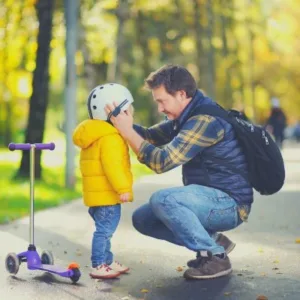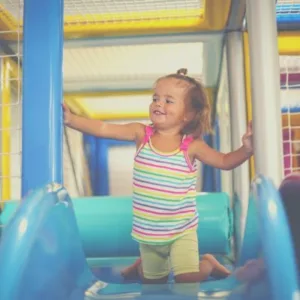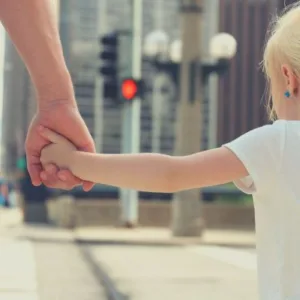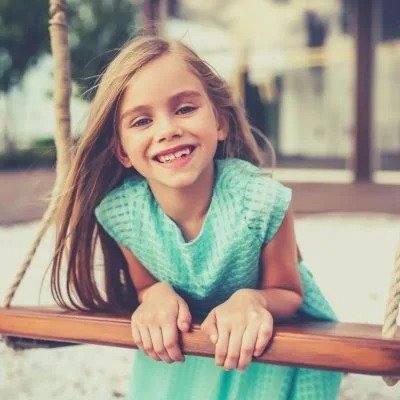Parents are always conscious about keeping kids safe (sometimes to the point of paranoia). Many, especially those with more than one child, would welcome an extra set of eyes, ears, and hands. Let Go Au Pair be your solution!
Hosting an Au Pair brings peace of mind to parents who need to pay a caregiver. In fact, an Au Pair is much more than a babysitter. Consider hiring that extra set of eyes, ears, and hands. Busy parents need to know and trust someone will keep their kids safe when they cannot be there. This kind of help can literally change the life of a family.
Most would agree it is easier to keep kids safe at home, in familiar surroundings. Au Pairs are young people trained in child development and safety. Additionally, Au Pairs are trained and experienced in keeping kids safe at home and in the community.
Naturally, being safe in public is a huge concern for many parents. All too many things can go wrong in the blink of an eye. Consequently, just turning away to look at your phone or have a conversation can result in tragedy.
What can adults do to keep kids safe in public?

First and foremost, the number one way to keep kids safe is to watch them. Next, be vigilant. Do not get distracted by anything else. Stay with the children in your care. Finally, be a part of making great memories.
It can get harder to keep kids safe as they get older. Kids stay safe when they stay with an adult. Kids who go off together should be prepared to stay together until they return to their adult together.
Talk about it. Children as young as two years old can be taught basic strategies to keep them safe in public. Provide age-appropriate information without scaring kids.
In addition to talking, listen to your kids, too. The conversation of safety should be ongoing, no matter the child’s age, into adulthood. Later, new information and strategies can be shared to help keep kids safe as they grow.
Also, be sure to share your expectations with any babysitters and family who might watch your children too. Adults are the first line of defense to keep kids safe. We all need to be on the same page.
Your Au Pair can be a part of these conversations. As a matter of fact, he or she can model and role-play with kids to really internalize their reactions and make them automatic. Au Pairs are great listeners too.
Stranger Danger

- Teach children how to react to strangers. If an adult says hello to a child, it is polite to reply but not to go off alone with a stranger.
- Teach children what to do if a stranger tries to touch them or grab them. Act it out and do this often.
- Teach children phrases like, “I don’t know you!” and “Where is my mommy?” and “Help me! This person is a stranger!”
- Roleplay with children, using different scenarios, like someone approaches the child for help finding a lost pet. Talk it through with the child, like what to say and do in different situations.
- Teach children that adults never need a child’s help and to trust their own gut instincts. Adults who need help usually ask another adult or authority person, like the police, for help.
- Teach children to seek out safe adults, such as police, store workers, even other parents with children. Help them identify who they would go to for help in different situations.
- Quiz children about basic information they should know and be able to provide: first and last name, mom and dad’s name, home address, house color (for little ones) and mom or dad’s phone number. That sounds like a lot, but kids will surprise you how much they can learn!
Strategies to keep kids safe in public places

Sadly, Not all danger to kids comes from strangers. Public places have become places where it is harder to keep kids safe, but parents and caregivers have some tools. Talk to kids to let them know their safety is important.
First, teach kids to stay with their adult, or at least be able to see them. To keep kids safe in crowded places, you better have a plan in case you get separated. I have lost a child at the zoo and it was a terrifying experience for both of us!
Next, practice your plan to keep your kids safe. With little children, tell them you are going to test them. Let them know you are not leaving them. Then do a short run-through of a scenario where the child gets lost or separated. Afterward, talk about what they did right and what else they could do to stay safe.
Summer months can make it more difficult to keep kids safe. Water safety is vital. Do not dismiss or underestimate water safety. Kids should take swim lessons to prevent drowning and caregivers should be ever-vigilant around water. Forget the phone and the book. Instead, get in the water and have fun!
Make a Habit of Safety Checks

Make it a habit every time you go out to help your kids learn to do a safety check. Identify exits (if inside) or a meeting place to go if they get lost or separated. Play a game. Have kids point out people who might be a help to them as well, like an usher at a theater or a lifeguard at the beach.
It is not enough to talk to kids about staying safe. It isn’t enough to remind them. Just like fire drills (you should be doing those at home too), practice will make it automatic. Roleplay with kids and have them role-play with each other. Do this again and again and they might get it.
Parents and caregivers have a responsibility to keep kids safe, in public and at home. Go Au Pair provides many levels of support to our Host Families and Au Pairs toward this goal. Go Au Pair is dedicated to improving the quality of life of all our program participants.


